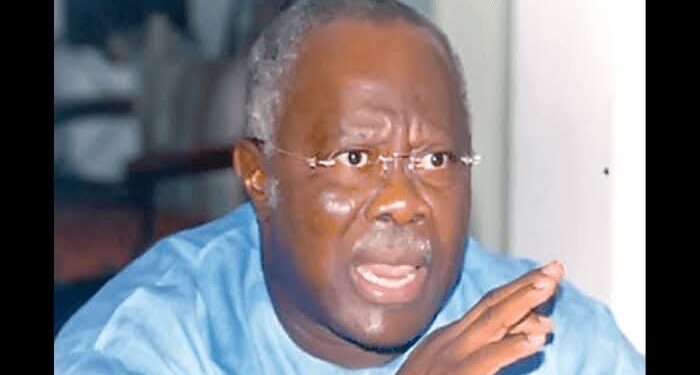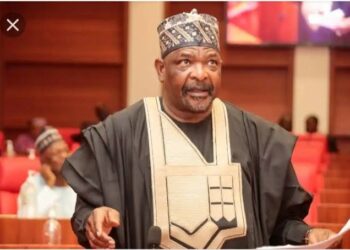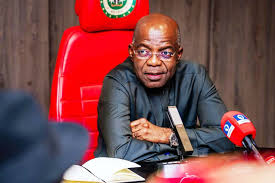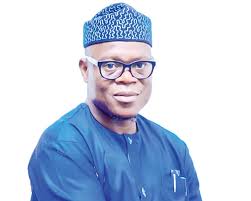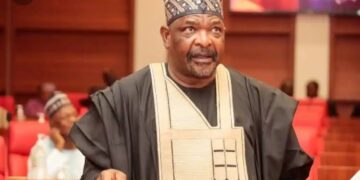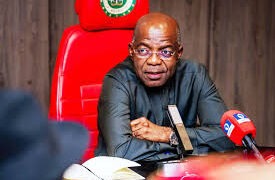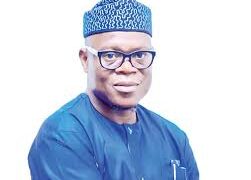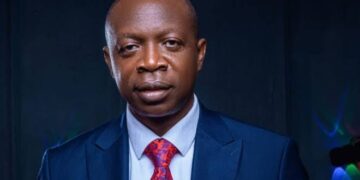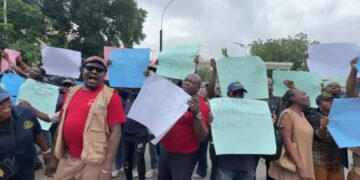By: Nwakaji Peace Martins
Former national vice chairman of the Peoples Democratic Party (PDP), Olabode George, asserted that Nigeria is currently grappling with an existential crisis stemming from ineffective leadership and a flawed federal system.
During a press conference in Lagos, the former military administrator of Ondo state highlighted that the nation is nearing its breaking point and attributed these challenges to the preceding administration. He emphasized the necessity of restructuring the government to facilitate greater regional autonomy and foster economic progress.
“Due to the failure of successive leaders to adequately address the complexities of nation-building, Nigeria finds itself in the midst of an existential crisis. This crisis was exacerbated between 2015 and 2023 under the leadership of President Muhammadu Buhari. Many would concur that this eight-year period marked one of the darkest times in Nigerian history since gaining independence in 1960. It appeared as though there was a void in the country’s leadership.
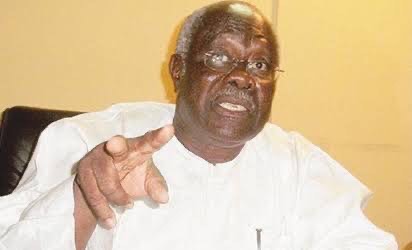
“All the promises made prior to the 2015 general election were left unfulfilled by the Buhari administration. Despite this, it is disheartening to witness some Nigerians defend this administration that governed for eight years. They are now shifting blame to the administration of President Bola Tinubu, who has been in office for approximately one year. Governance is not a sprint but a marathon. We must offer constructive criticism and evaluate the government’s approach and performance after a year.
“Tinubu should also be transparent about the current state of affairs in the nation. This is not a time for partisan or regional politics. Nigerians have endured significant hardships and are seeking prompt solutions. It is imperative for Tinubu to revamp his economic team. There are numerous individuals across Nigeria, spanning from the North to the South, who can provide valuable economic insights to steer the country in the right direction.”
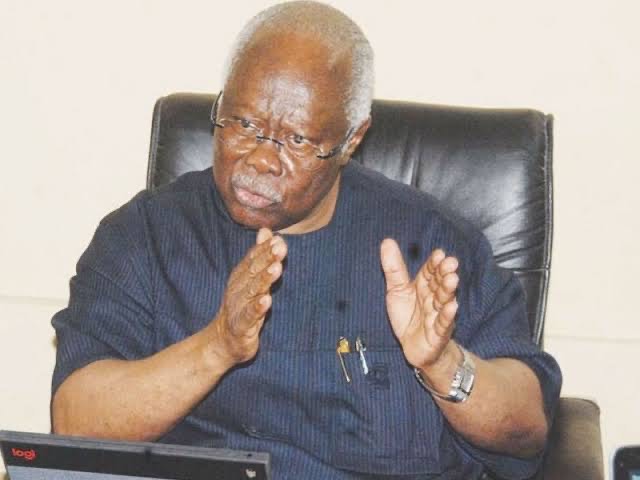
George emphasized that Nigeria’s existing federal structure is dysfunctional and advocated for authentic federalism with increased autonomy for individual states. He argued that this reform is pivotal for national security and economic advancement while criticizing the current centralized and undemocratic system.
“The people of Nigeria are unequivocally expressing that the imbalanced distribution of political power poses a substantial impediment to national progress. The excessive concentration of political authority stifles individual growth and development at the state level, suppresses local initiatives, undermines fairness and equity within the broader Nigerian federation, and fuels tension and separatist tendencies.
“The time has come to heed the voice of reason, as genuine progress hinges on embracing true federalism and practicing good governance. We must denounce all abuses of power and injustices. We must speak out against any forces that seek to destabilize and sow discord. It is imperative to hold those in power accountable.
“There is no alternative. Presently, criminal elements have established a shadow government in Nigeria. Every corner of the nation is besieged by various security threats, including banditry, urban crime, divisive factions, the ruthless Boko Haram insurgents, and other malicious entities. Through effective intelligence gathering, all enemies of the state must be swiftly addressed. This exemplifies true statesmanship and astute, forward-thinking leadership.
“Furthermore, urgent action is required to rectify our current version of federalism, which can be likened to ‘unitary or despotic federalism’. It is evident that the Nigerian Federation is distorted and must be restructured to uphold principles of fairness and equity. When will we establish state police? When will the Federal Government decentralize power to the constituent units? What measures are being taken to enhance the electricity sector, which is essential for driving industrial growth and economic prosperity?”George inquired.


